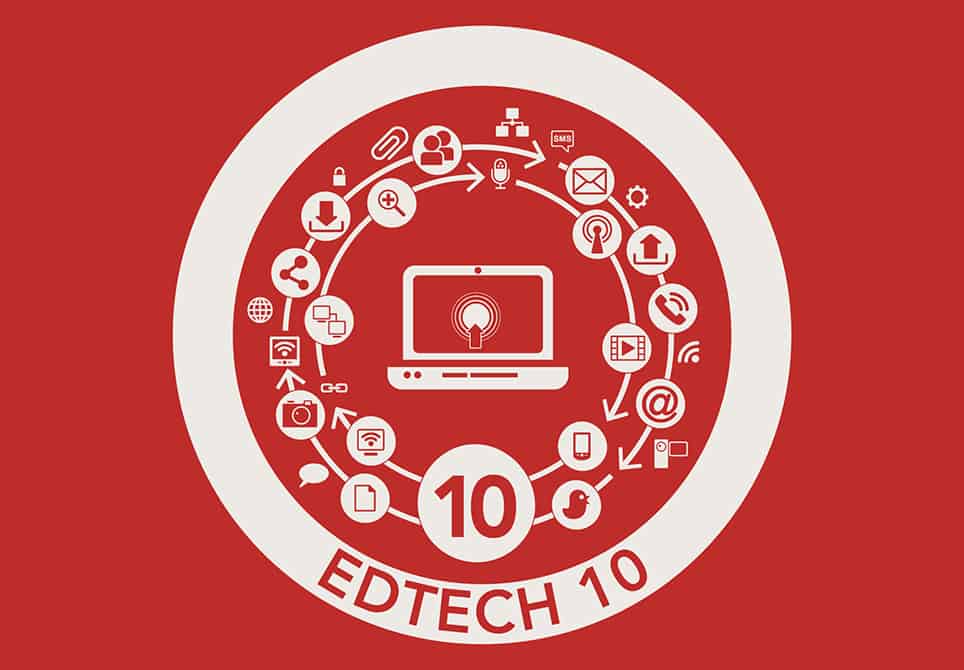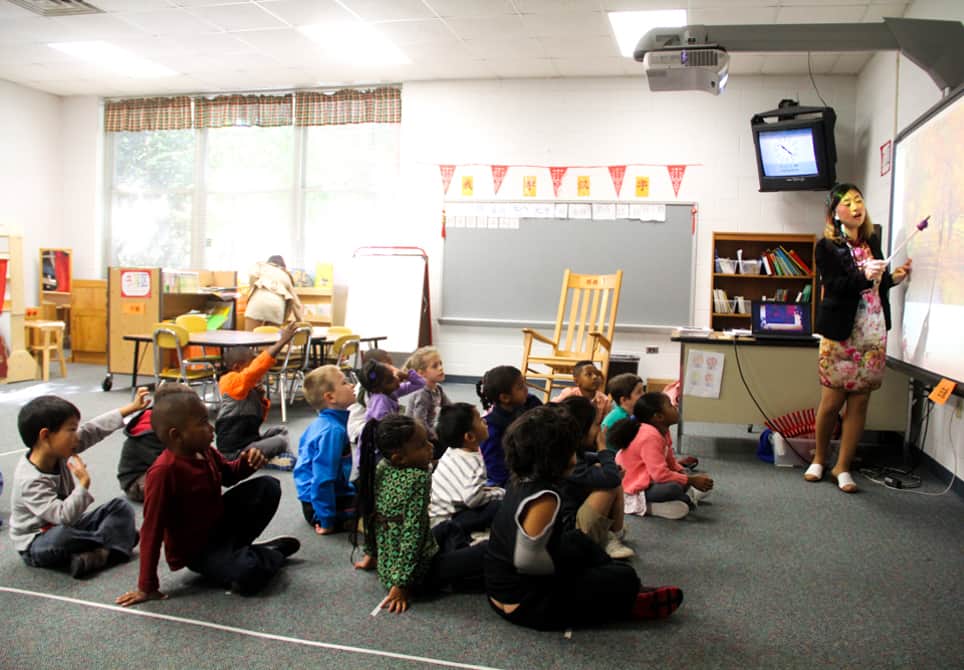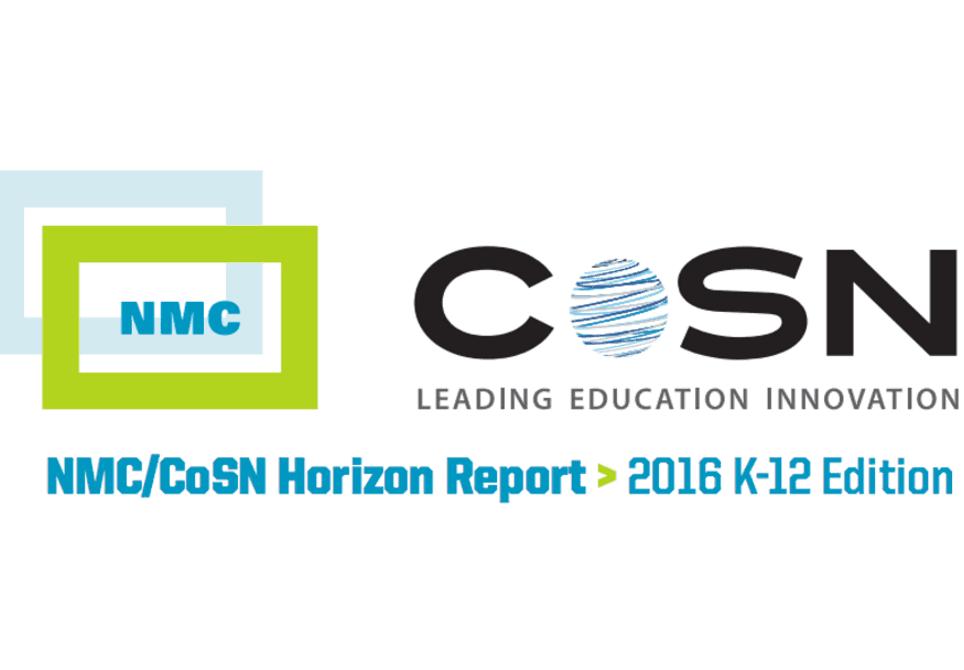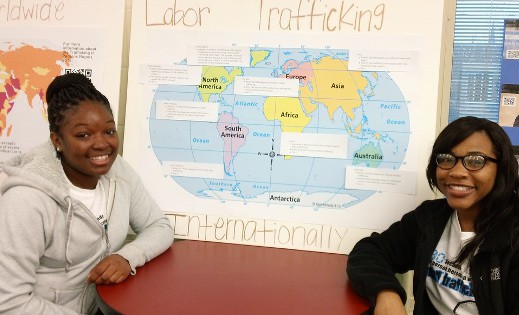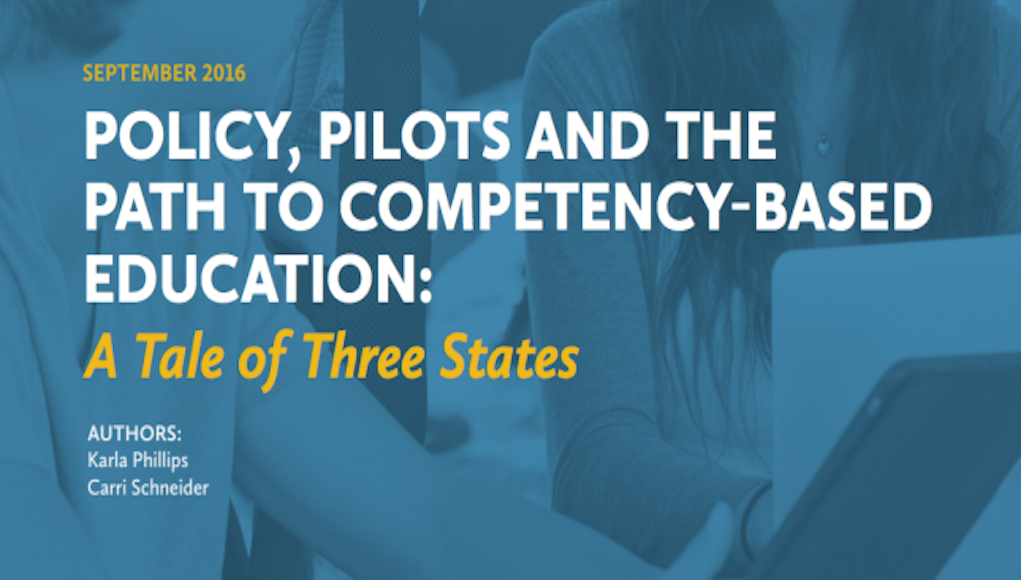Archive: 2016
EdTech 10: Smart Cities
It's officially Smart Cities Week, and we're celebrating with a blog sharing the 7 key attributes of “cities that work for everyone,” a Smart Cities book giveaway and ten new edtech stories.
Place-Based Learning: Wherever You Are, Whenever You Go
By: Gary Gruber. There is an entire world outside of the formal classroom full of rich learning experiences for students. Here are ideas and resources to help you connect them to it.
How to Create a New Culture of Learning
By: Julie Keane. All of the ingredients necessary to empower and inspire teachers and learners in the 21st-Century are within our grasp, so now is the time to create new recipes for professional development.
Hot: #OnlineLearning #MakerSpace; On the #EdTech Horizon: #VR, #AI
The predictions of the 2016 NMC/CoSN Horizon Report include that this year's hot tech topics, such as artificial intelligence, robotics, virtual reality and wearables, will become widespread in education in a few years. Here is a summary of the report's findings.
Inspiration, Incubation, Intermediation: Keys to Smart Cities
The layer of inspiration, incubation and intermediation between schools and EdTech entrepreneurs is what will expand access to innovative learning environments and fuel the learning revolution.
What We are Doing to Ensure High Quality PBL for All
By: Bob Lenz. This fall, the Buck Institute for Education will be leading an initiative to design, develop and disseminate a set of nationally and internationally recognized guidelines for the practice of high-quality PBL. Learn more about joining this project.
AI is Improving Healthcare… But Will Benefits Be Widely Shared?
The rise in artificial intelligence means big changes to the education and employment landscapes. This week we consider how AI is promoting health and changing healthcare in our #AskAboutAI series.
Policy, Pilots and the Path to Competency-Based Education: A Tale of Three States
This publication highlights how and why state Competency-Based Education pilot programs offer a promising strategy by telling the story of three states with the same goal, but different paths.
Four Classroom Strategies for Integrating Critical Thinking and Kinesthetic Learning
By: Sandra L. Love. Learning is more effective when it is an active rather than a passive process, so engage students through movement. Here are four strategies for integrating critical thinking and kinesthetic learning in the classroom.
Civic Education: Can Games Make the Grade?
By: Victoria Van Voorhis. Game-based learning invites students to experience subjects such as civics for themselves in new ways, motivating them to learn even more about the content.



